The Vietnamese stock market is growing strongly, with the VN-Index surpassing 1,525 points and many sectors such as securities, banking, and real estate breaking out. Contrary to this trend, PTB is out of step. Despite its solid financial foundation and stable operations, this stock is still moving sideways and has not surpassed its long-term technical threshold.
Specifically, from June 13 to July 24, PTB increased by only 9.6% (from VND50,070 to VND54,900/share), while VN-Index increased by 15.6% and remained above the MA200 line. This is not the first time PTB has reacted slowly compared to the market, causing doubts about the stock's long-term prospects, despite positive business results.
Phu Tai is a long-standing enterprise, equitized since 2004, operating in multiple industries with three main pillars: production and export of wooden furniture, natural stone, and automobile distribution (Toyota). After many fluctuations in 2023, 2024 recorded a clear recovery when revenue reached 6,466 billion VND, up 15.1%; profit after tax reached 376.3 billion VND, up 45%. The main driving force comes from wood export.
According to DSC Securities Company, Phu Tai is taking advantage of the “golden 90 days” of the US tax deferral to boost exports. Wood accounts for more than 90% of total export revenue, of which the US market contributes more than 50%. To reduce the risk of dependence, the company is expanding to Japan - where demand is stable.
In the first six months of 2025, Phu Tai's revenue reached VND3,574 billion (up 16%), completing 54% of the annual plan. Profit after tax is estimated at VND304.47 billion (up 23%), completing 64% of the annual target. However, the stock price is still flat, reflecting a cautious sentiment about long-term risks, especially in the wood industry.
In 2024, the wood sector will account for 71.7% of gross profit (VND878 billion), natural stone will contribute 21.9% (VND268 billion), trade will contribute 4.5% (VND55 billion), and real estate will contribute 1.9% (VND22.6 billion). Since the US imposed anti-dumping duties on Chinese wood in 2018, Vietnam has become the largest supplier, accounting for 54% of the market share in the US in 2024. However, this also increases dependence. If the US tightens technical barriers, the risk will directly impact businesses like Phu Tai.
In addition, wood exports may face difficulties in 2025 due to changes in commodity cycles. The peak export season occurred earlier in the second quarter instead of the usual third quarter, when US importers accelerated stockpiling due to concerns about trade risks and supply chain disruptions. This made the outlook for the second half of the year less bright, affecting Phu Tai.
In the context of the wood industry facing many challenges, the remaining two segments, natural stone and real estate, are expected to compensate somewhat. Regarding stone, the domestic market is benefiting from the wave of public investment, creating favorable conditions for the consumption of stone cladding products, which is Phu Tai's strength.
In the real estate sector, although not yet playing a key role, the Company is still actively developing. The Phu Tai Residence project has been put into operation; the Phu Tai Central Life project with a scale of 380 apartments, a total investment of nearly 615 billion VND, has disbursed 291 billion VND as of the end of the first quarter of 2025. It is expected to be completed this year and can account for revenue and profit from 2025-2026.
However, PTB shares have not yet attracted strong cash flows. One of the reasons is the plan to offer shares to the public, raising concerns about dilution and short-term supply pressure. Many investors are temporarily standing aside to observe. If the third quarter business results are positive or the plan to issue shares is clearly announced, PTB can regain growth momentum.
Source: https://baodautu.vn/co-phieu-cong-ty-co-phan-phu-tai-lac-nhip-voi-thi-truong-d343721.html



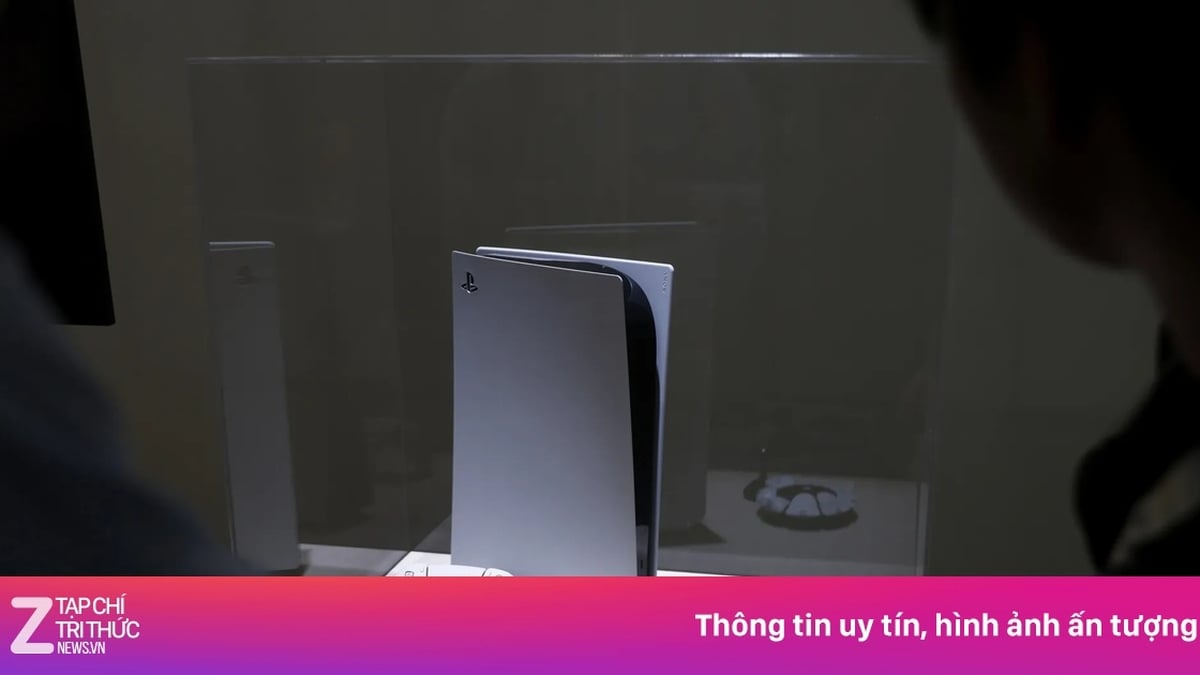
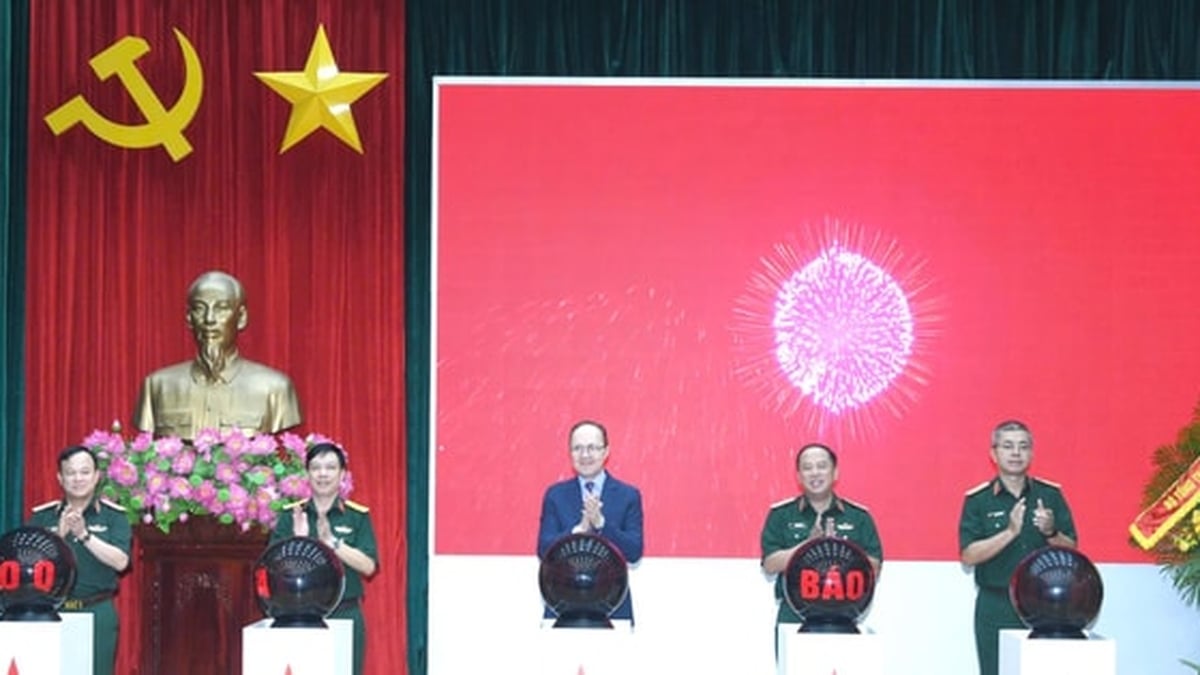

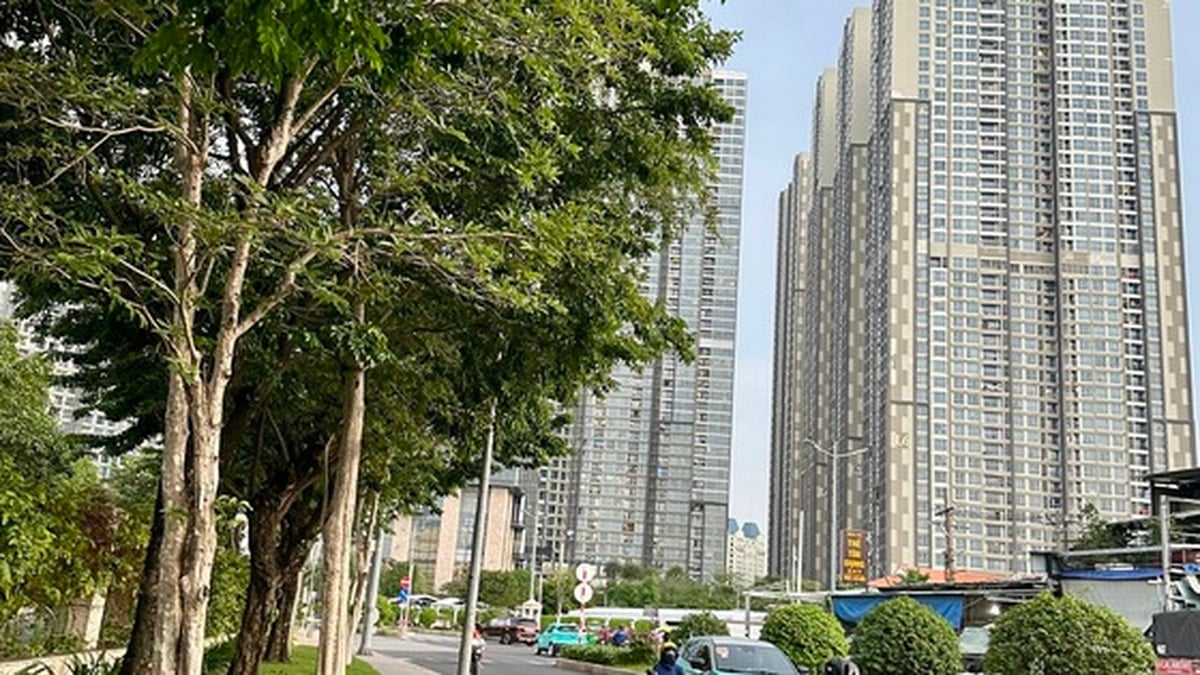


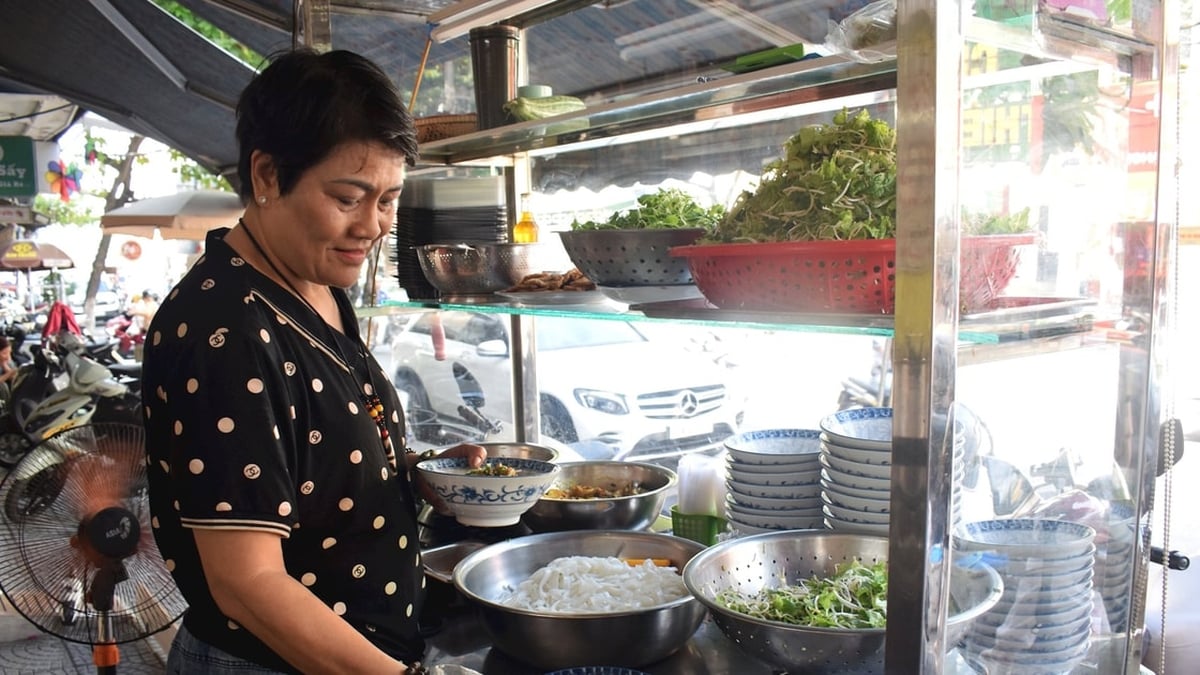














![[Photo] An Phu intersection project connecting Ho Chi Minh City-Long Thanh-Dau Giay expressway behind schedule](https://vphoto.vietnam.vn/thumb/1200x675/vietnam/resource/IMAGE/2025/8/21/1ad80e9dd8944150bb72e6c49ecc7e08)




![[Photo] Politburo works with Standing Committees of Lang Son and Bac Ninh Provincial Party Committees](https://vphoto.vietnam.vn/thumb/1200x675/vietnam/resource/IMAGE/2025/8/20/0666629afb39421d8e1bd8922a0537e6)

![[Photo] Prime Minister Pham Minh Chinh receives Australian Foreign Minister Penny Wong](https://vphoto.vietnam.vn/thumb/1200x675/vietnam/resource/IMAGE/2025/8/20/f5d413a946444bd2be288d6b700afc33)







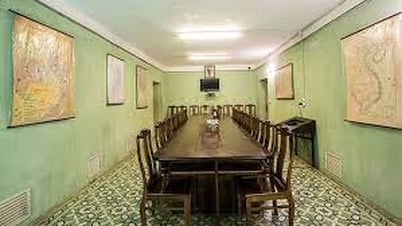

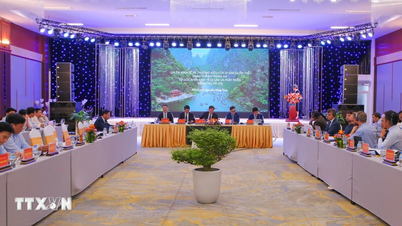











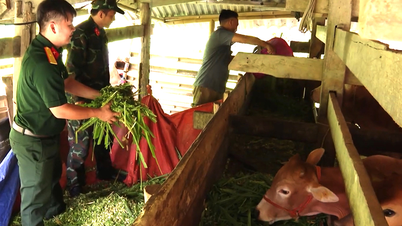


















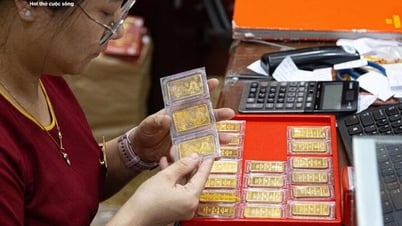




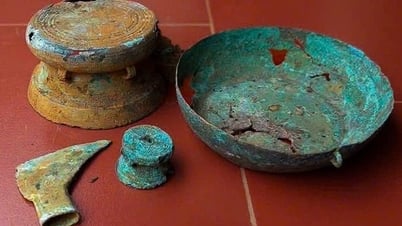



























Comment (0)